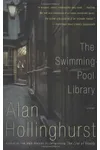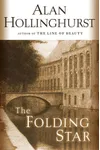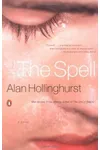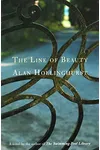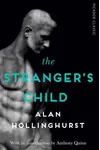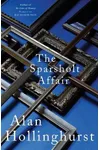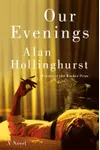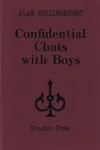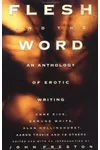Picture a British storyteller who weaves history, identity, and desire into unforgettable novels—meet Alan Hollinghurst! Born in 1954, this acclaimed novelist and poet is celebrated for his elegant prose and vivid depictions of gay life in 20th- and 21st-century Britain. His Booker Prize-winning masterpiece, The Line of Beauty, not only captivated readers but also brought LGBTQ+ narratives into the literary mainstream, proving Hollinghurst’s knack for blending sharp social commentary with lush storytelling.
With a career spanning decades, Hollinghurst’s novels—like The Swimming-Pool Library and The Sparsholt Affair—offer a window into the complexities of class, sexuality, and British society. Whether you’re a fan of historical fiction or just love a beautifully crafted story, Hollinghurst’s work is a must-read for anyone craving depth and wit.
The Making of Alan Hollinghurst
Born on May 26, 1954, in Stroud, Gloucestershire, Alan Hollinghurst was the only child of a bank manager and RAF veteran, James, and his wife, Elizabeth. Growing up in a quiet English town, he developed a love for literature early on, which led him to Dorset’s Canford School and later to Magdalen College, Oxford. There, he earned a BA in 1975 and an MLitt in 1979, diving into the works of gay writers like Ronald Firbank and E.M. Forster for his thesis. Sharing a house with future poet laureate Andrew Motion, Hollinghurst even snagged the Newdigate Prize for poetry in 1974, hinting at the lyrical talent that would define his novels.
Before becoming a full-time novelist, Hollinghurst honed his craft as a lecturer at Oxford and University College London, then joined The Times Literary Supplement as deputy editor from 1985 to 1990. These experiences sharpened his eye for detail and narrative, setting the stage for his literary breakthrough.
Alan Hollinghurst’s Unforgettable Stories
Hollinghurst’s debut novel, The Swimming-Pool Library (1988), burst onto the scene with its bold exploration of gay life in pre-AIDS London. Following the hedonistic William Beckwith, the novel uncovers a darker history of homophobia through the journals of an elderly aristocrat, blending wit, desire, and social critique. It won the Somerset Maugham Award and established Hollinghurst as a fearless voice in contemporary fiction.
His second novel, The Folding Star (1994), a Booker Prize finalist, follows Edward Manners, a tutor in Belgium obsessed with his student Luc. This lush, melancholic tale of unfulfilled desire echoes Thomas Mann’s Death in Venice and showcases Hollinghurst’s knack for intertwining aesthetics and eros. Then came The Line of Beauty (2004), his crowning achievement. Set in Thatcher’s 1980s Britain, it traces Nick Guest’s journey through wealth, love, and the AIDS crisis, earning the Booker Prize for its poignant portrayal of a society in flux. More recently, The Sparsholt Affair (2017) spans generations, exploring the ripple effects of a charismatic young man’s life from wartime Oxford to modern London.
Hollinghurst’s style is a feast of elegant prose, ironic humor, and keen observations of class and sexuality. His novels, often compared to Henry James and Marcel Proust, delve into the unspoken tensions of British society, making readers laugh, wince, and reflect all at once.
Why Alan Hollinghurst Matters
Hollinghurst’s impact on literature is profound. By elevating the gay novel, he’s given voice to experiences often sidelined in mainstream fiction, paving the way for greater inclusivity. His meticulous research and vivid characters bring history to life, offering readers a lens into the evolving landscape of British culture. From the hedonism of the 1980s to the quiet legacies of the 21st century, his work captures the human experience with unmatched depth and grace.
Beyond awards, Hollinghurst’s legacy lies in his ability to make readers feel seen. His stories resonate with anyone who’s grappled with identity, desire, or the weight of history, making him a cornerstone of modern literature.
- Born: May 26, 1954, Stroud, Gloucestershire
- Key Works: The Swimming-Pool Library, The Folding Star, The Line of Beauty, The Sparsholt Affair
- Awards: Somerset Maugham Award (1989), James Tait Black Memorial Prize (1994), Booker Prize (2004)
Snag The Line of Beauty and dive into Alan Hollinghurst’s world of wit, heart, and history!
